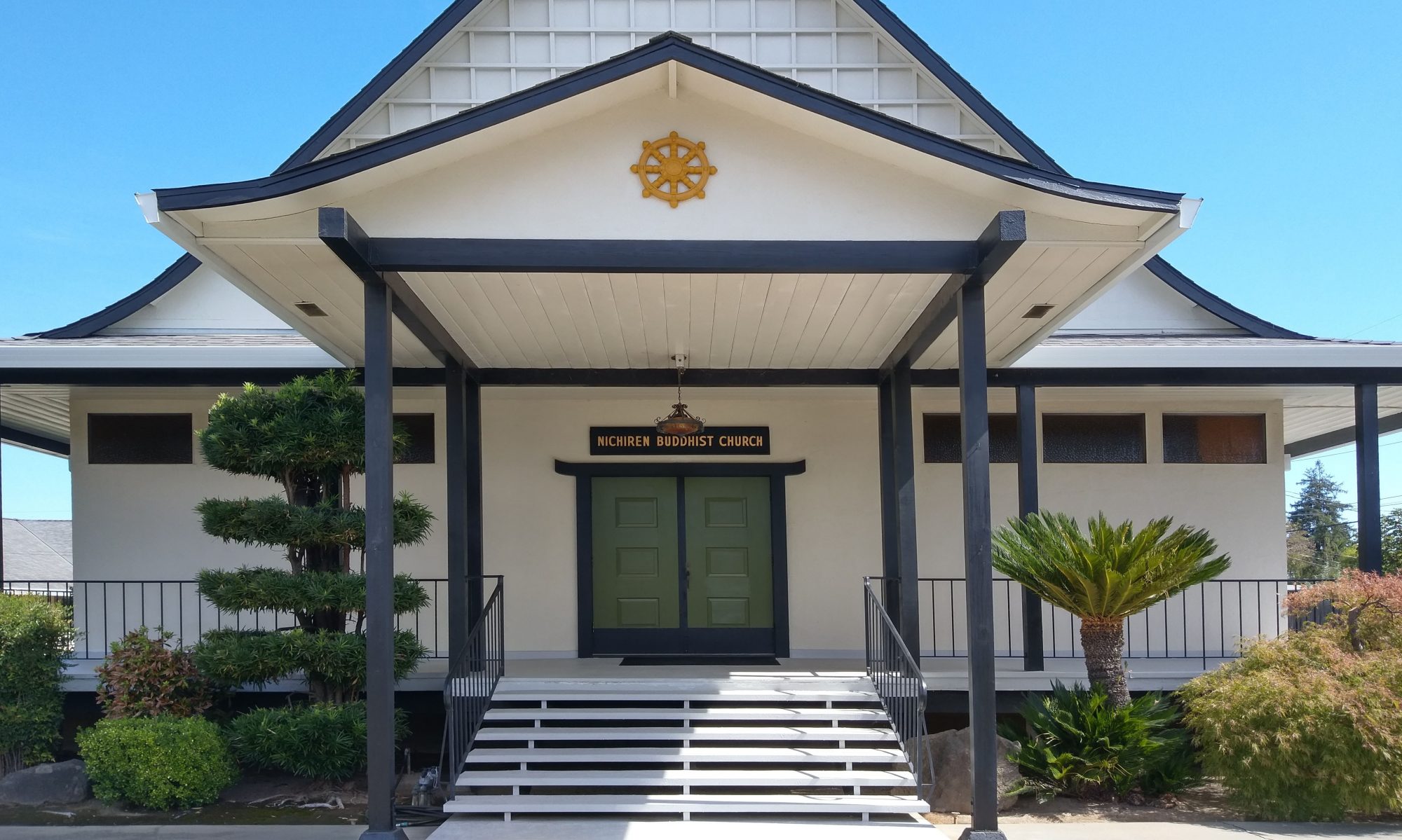The Śākyamuni Buddha often speaks of the “six paramitas” as a way for followers Of the Buddha to practice his teachings. “Paramita” is a Sanskrit term, which literally translates to “go to Higan” in English. “Higan”, as we all may know means ‘the shore of the Sanzu River” and is a Buddhist holiday celebrated for seven days during the spring and autumnal equinox, where individuals focus solely on practicing Buddhism. In Buddhist literature, “higan” is a common euphemism referring to the attainment of Enlightenment and hence the purpose of practicing the six paramitas during “higan” is to lead individuals to Enlightenment.
The six paramitas are as follows: 1. fuse (generosity), 2. jikai (observance of Buddhist precepts), 3. ninniku (patience), 4. shojin (energy and diligence), 5. zenjou (meditation), and 6. chie (wisdom cultivated by studying the Buddhist teachings). Out of these six, jikai, zenjou, and jikai are also classified as sangakū or the ”three ways of learning.”
Fuse (generosity), the first paramita, can be practiced by providing monetary or psychological support to an individual or providing voluntary service to the community. Jikai (observance of Budddhist precepts), the second paramita, requires that an individual be very careful and aware of their five senses so as not to allow any intrusion, which may affect their practice and keep them from upholding the five Buddhist precepts. The third paramita, ninniku (patience), means solely to always be calm and maintain a harmonious relationship with all. Though it may seem easy, this may be one of the harder paramitas to practice. This is because it is hard not to be upset when living in this suffering world and in a society where many individuals commit crimes. In such a situation, we are advised to take our time to contemplate on the situation because often times, it is our emotions that keep us from making reasonable decisions. When we calm down, we tend to realize that we were overreacting about something very minor. While this is not always the case, we can say that the majority of our situations are similar to such. Shojin (energy and diligence), the fourth paramita, is often used interchangeably with doryoku, another Japanese term meaning to persevere and hard. The fifth paramita, zenjou (meditation), means to escape and avoid greediness and anything considered negative in order to maintain a peaceful state of mind. Lastly, chie (wisdom), the sixth paramita, emphasizes the need to understand the Four Noble Truths which are as follows: 1. the nature of suffering; 2. the reason behind the suffering; 3. the destruction of suffering; and 4. the path leading to the end of suffering.
As we approach “higan” we must think about these six paramitas and the ways that they will help us not only approach Enlightenment, but to also think about accumulating good karma and becoming a better individual. I hope that you will take the time to really practice these six paramitas this coming “higan.”
Ven. Kenjo Igarashi
March / April 2021
